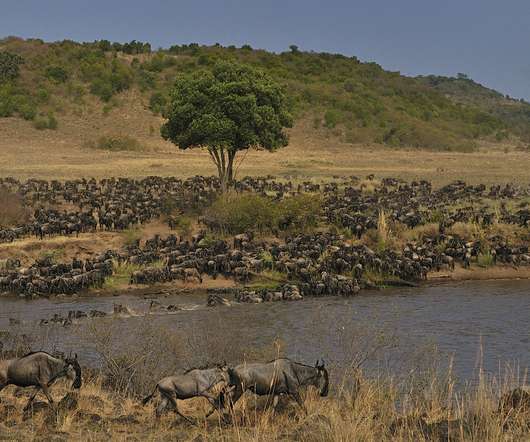Birding crème de la crème: Africa – Ngorongoro Crater to Queen Elizabeth II National Park
10,000 Birds
JANUARY 14, 2021
Queen Elizabeth II National Park Almost 2000 km2 / 800 mi2 of the Queen Elizabeth II National Park represent the most popular and accessible savanna park of Uganda. The furry kind is represented with 95 species – more than in any other Ugandan park, 10 primates among them, including the Chimpanzee.












Let's personalize your content